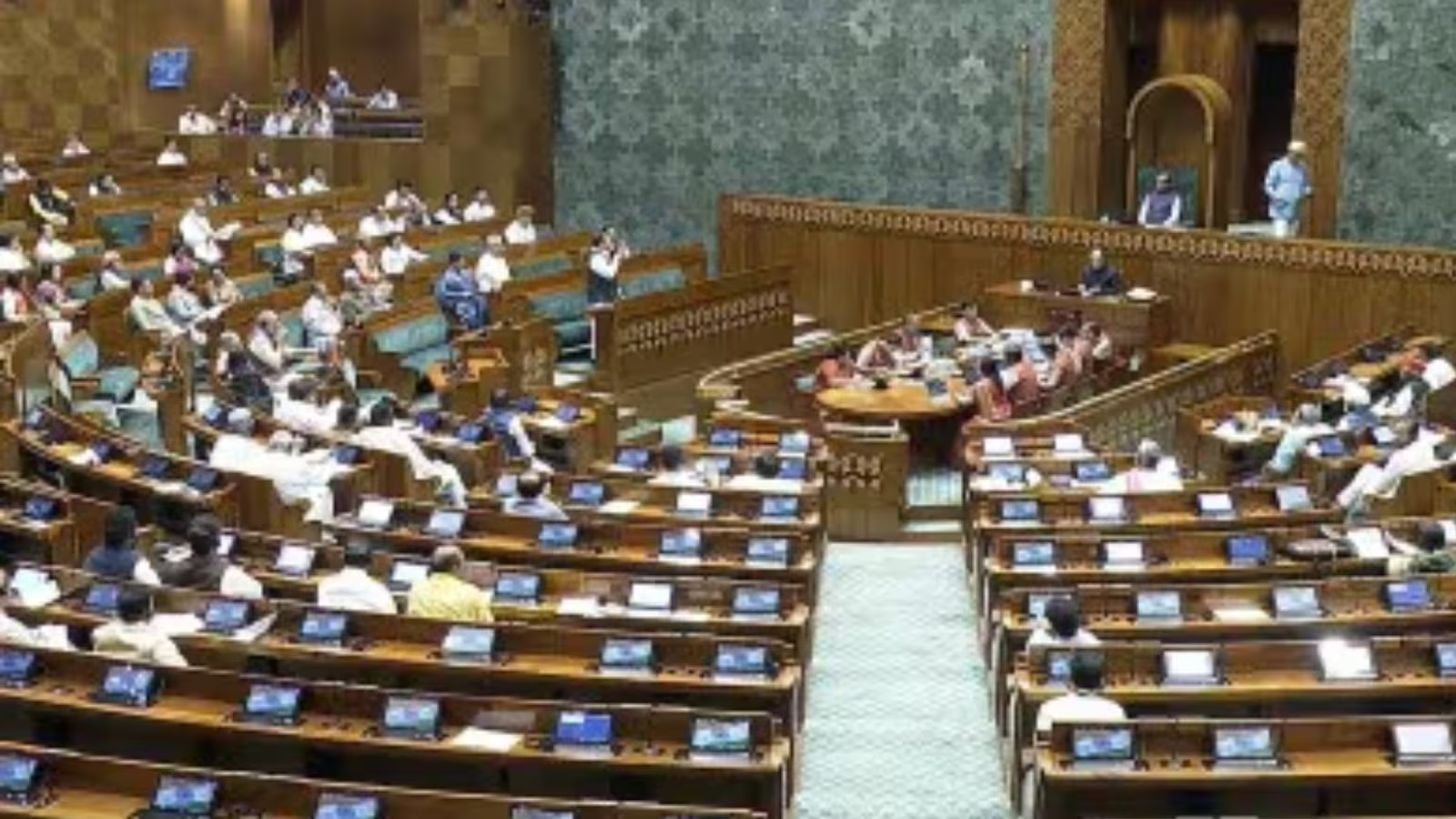The Waqf (Amendment) Bill was recently passed in the Rajya Sabha with a vote count of 128 in favor and 95 against, following a marathon 15-hour debate. This narrower-than-expected margin has surprised the Opposition, who had anticipated a more significant gap. In the Lok Sabha, the bill was approved earlier with a vote of 288-232.
A notable development was the Biju Janata Dal’s (BJD) decision to allow its seven Rajya Sabha members to vote according to their conscience, leading to additional support for the ruling National Democratic Alliance (NDA). This move was unexpected, as the BJD had earlier indicated opposition to the bill. Congress MP Jairam Ramesh criticized the BJD’s shift, suggesting it succumbed to pressure from the BJP.
Conversely, the All India Anna Dravida Munnetra Kazhagam (AIADMK), despite recent speculations about aligning more closely with the BJP, voted against the bill. Opposition leaders viewed this as a moral victory, highlighting the complexities within political alliances.
The bill’s passage has ignited debates over its implications, with critics arguing it may infringe upon minority rights and facilitate land appropriation. Supporters, however, contend that it aims to enhance transparency in the administration of Waqf properties.
With both parliamentary houses approving the bill, it now awaits President Droupadi Murmu’s assent to become law.











